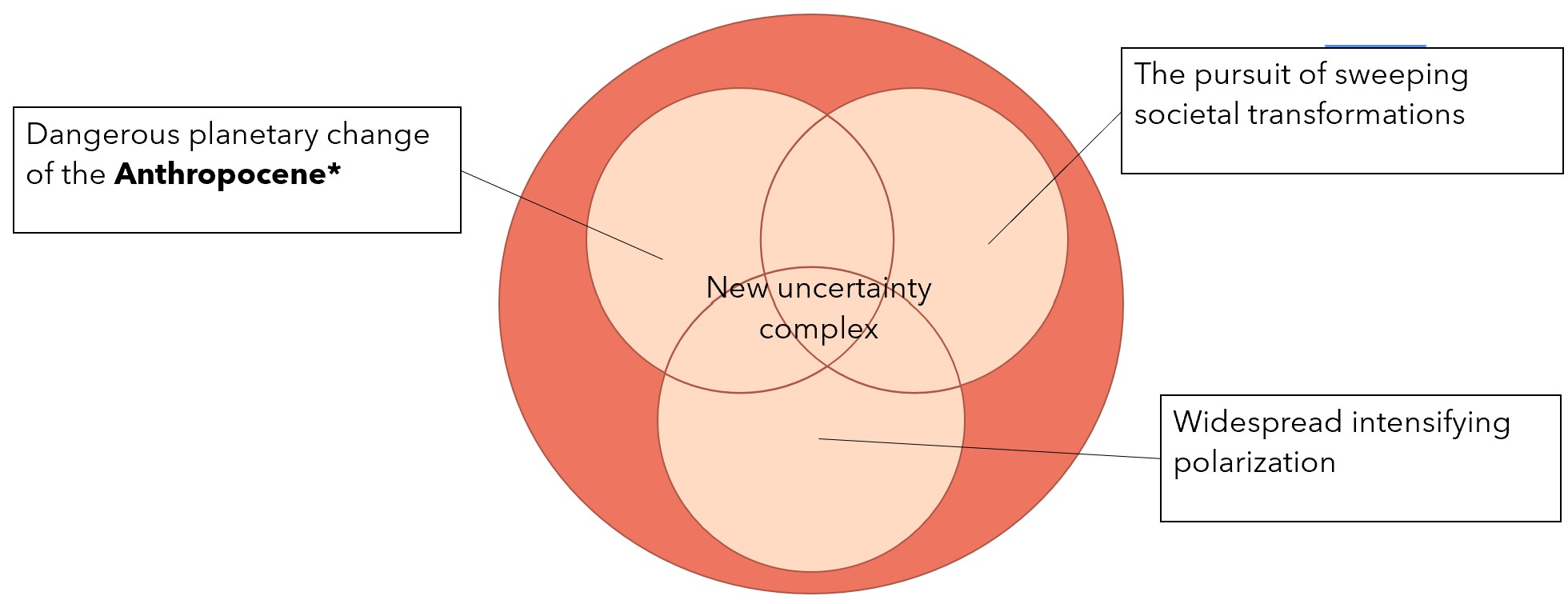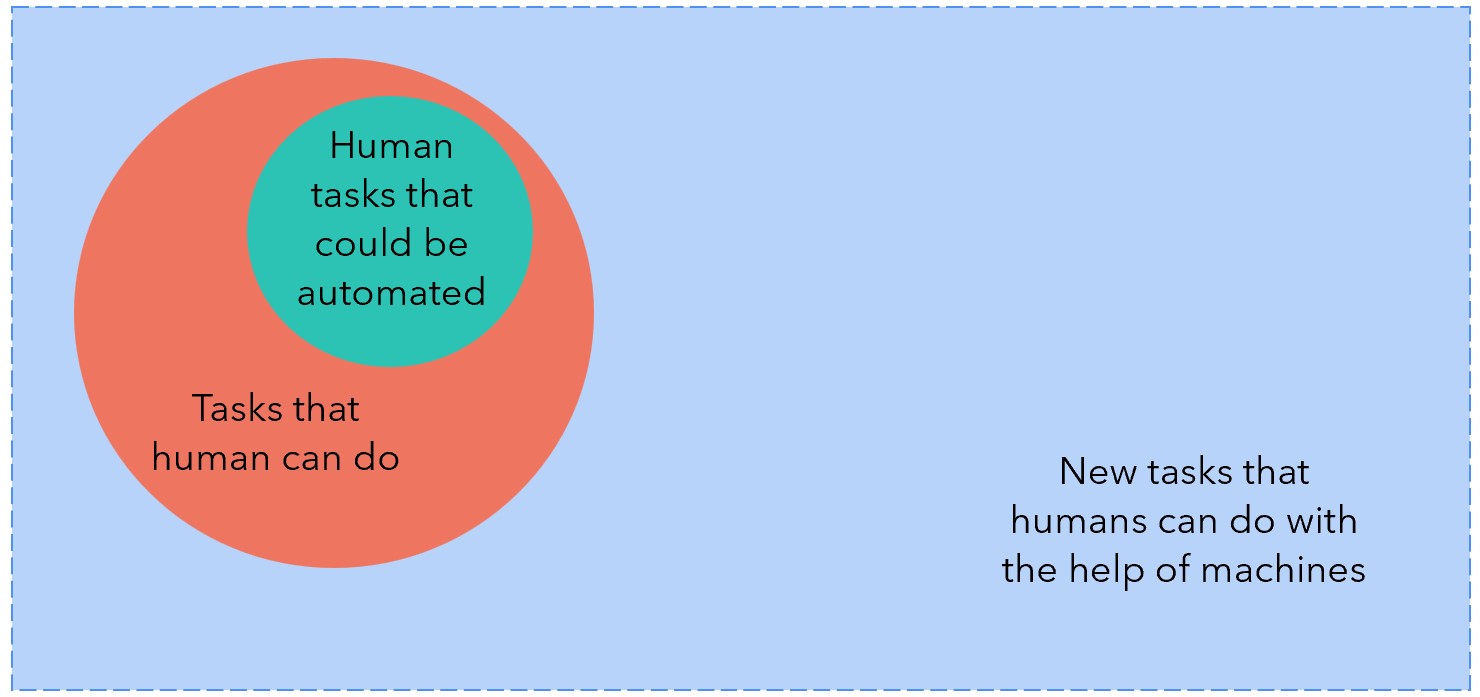“Uncertain Times, Unsettled Lives: Shaping our future in a transforming world”
Presenter: Anouluck NORASING
Date: October 25th, 2022
Page: 1 -21,
Hello to everyone. Tom is here! It is great to be able to write the blog again. Today, I would like to introduce our lab activity, which will now be held every semester. That is a book discussion session among 12 members of the Abe research group. Those who follow our blog may recognize that this activity began last semester, and the book, titled “Data-Driven Innovation: Big Data for Growth and Well-Being,” was recommended by Abe sensei.
Similarly, Abe Sensei suggested an interesting topic for us this semester, titled “Human Development Report 2021-2022: Uncertain Times, Unsettled Lives: Shaping our Future in a Transforming World.” This is the latest report of worldwide Human Development Reports produced by the United Nations Development Programme (UNDP) since 1990 as impartial and analytically and empirically informed assessments of significant development challenges, trends, and policies. This is an issue that is very close to us, and its consequences appear to influence the sense of uncertainty that is unsettling lives from all corners.
This activity aims to deepen our knowledge about the trend of human development during the COVID-19 pandemic through the UNDP human development report. Furthermore, the purpose of knowledge exchange is to improve understanding of socioeconomic concerns. Therefore, today I will summarize the overview section of this report and address several key topics.
Summary
The author mentioned that we have been living in uncertain times for the past three years because of the Covid-19 pandemic and other critical crises such as the war in Ukraine and current climatic and ecological disasters. However, people have long fought and worried about illnesses (plagues and pestilence), natural disasters (droughts and floods), violence, and war. Some of us have been brought to our knees by them. At least as many have adopted changes, unpleasant realities, and created ingenious methods to prosper. To show that creative and cooperative qualities are fundamentally human. The interesting point of this part is to illustrate the uncertainty that people have always faced which is comprised of three novel sources of volatile crosscurrents:

- The dangerous planetary change of the Anthropocene. Anthropocene is defined as a new geological epoch which is an unofficial unit of geologic ti For instance: the covid-19 pandemic and the war in Ukraine are both catastrophic indications of today’s uncertainty complex. me, used to describe the most recent period in earth’s history when the human activity started to have a significant impact on the planet’s climate and ecosystems.
- The pursuit of large-scale social transformations to reduce planetary pressures.
- The polarization of societies.
For instance, the report stated the covid-19 outbreak and the war in Ukraine are both catastrophic indicators of today’s uncertainty complex. Each exposes limits of and cracks in current global governance such as compounding the global food insecurity crisis and increasing price volatility in energy, fertilizers, commodities, and other goods. According to figure 2, the report highlighted the comparison to the situation before the Covid-19 pandemic, more than 6 in 7 people worldwide felt insecure (UNDP 2022b) about many aspects of their lives, including:
- Feelings of distress (Bollen et al., 2021)
- Employment of technology is a double-edged sword (See Zuboff, 2019)
- Mental well-being is under assault (Connolly and Jackson, 2019; Maguen et al., 2009; Nydegger et al., 2019; Osman and Wood, 2018.)
- Purposeful social transformations (Rehbein et al., 2020)
In addition, a few nations dropped on the Human Development Index (HDI) scale every year. However, over 90% of the worldwide HDI value fell in a row in 2020 and 2021, erasing all the gains of the previous five years. Hence, insecurity is on the rise practically everywhere, a phenomenon that has been developing for at least a decade and predates the Covid-19 pandemic and the attendant downturn in global human development.
Moreover, the report said uncertainty can create the opportunity for change, sometimes for the better. Consider artificial intelligence, which is both a disruptive potential and a disruptive danger. Its potential for improving labor outweighs its potential for automating it. But the negative displacement of Artificial intelligence (AI) is also too large, too likely, and too rapid, especially if labor-replacing incentives dominate its development.

Discussion session
Question: How does the wide-angle lens of human development help us understand and respond to this apparent paradox of progress with insecurity?
- Personally, the HDI value represents a variety of aspects of a country. Because HDI examines three major factors to evaluate the development of a country such as a long and healthy life, access to education, and standard of living. Hence, it can be a strong indication for decision-makers to prepare for decent changes.
- However, some lab members argue due to the limitations of HDI, HDI is a long-term indicator that may not respond to current short-term development. Furthermore, as mentioned earlier the current version of the HDI considers only a few aspects that can affect the development of a country. To come up with a more accurate analysis, other aspects such as employment prospects, empowerment movements, and feelings of security can be added to the calculation of HDI.
Finally, today’s book discussion session has come to a conclusion. Next time, other lab members will present each chapter and significant points of the report in more detail. Please keep in touch!
References:
Human Development Report 2021-2022. “Uncertain Times, Unsettled Lives: Shaping our future in a transforming world”. Available: https://report.hdr.undp.org/intro/
Bollen, J., Ten Thij, M., Breithaupt, F., Barron, A. T., Rutter, L. A., Lorenzo-Luaces, L., & Scheffer, M., 2021. Historical language records reveal a surge of cognitive distortions in recent decades. Proceedings of the National Academy of Sciences, 118(30), e2102061118.
Brynjolfsson, E. 2022. “The Turing Trap: The Promise & Peril of Human-Like Artificial Intelligence.” Daedalus (Spring 2022).
Connolly, E.J. and Jackson, D.B., 2019. Adolescent gang membership and adverse behavioral, mental health, and physical health outcomes in young adulthood: A within-family analysis. Criminal justice and behavior, 46(11), pp.1566-1586.
Maguen, S., Metzler, T. J., Litz, B. T., Seal, K. H., Knight, S. J., and Marmar, C. R. 2009. “The Impact of Killing in War on Mental Health Symptoms and Related Functioning.” Journal of Traumatic Stress 22(5): 435–443.
Nydegger, L. A., Quinn, K., Walsh, J. L., Pacella-LaBarbara, M. L., and Dickson-Gomez, J. 2019. “Polytraumatization, Mental Health, and Delinquency among Adolescent Gang Members.” Journal of Traumatic Stress 32(6): 890–898.
Osman, S., and Wood, J. 2018. “Gang Membership, Mental Illness, and Negative Emotionality: A Systematic Review of the Literature.” International Journal of Forensic Mental Health 17(3): 223–246.
Rehbein, J.A., Watson, J.E., Lane, J.L., Sonter, L.J., Venter, O., Atkinson, S.C. and Allan, J.R., 2020. Renewable energy development threatens many globally important biodiversity areas. Global change biology, 26(5), pp.3040-3051.
Zuboff, S., 2019. The age of surveillance capitalism: The fight for a human future at the new frontier of power: Barack Obama’s books of 2019. Profile books.